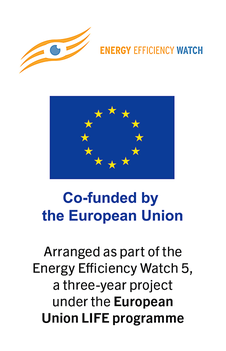Search eceee proceedings
Energy efficiency networks: latest developments in Germany and in the world
Panel: 1. Policies and Programmes to drive transformation
This is a peer-reviewed paper.
Authors:
Clemens Rohde, Fraunhofer Institute for System and Innovation Research ISI, Germany
Lisa Neusel, Fraunhofer Institute for Systems and Innovation Research ISI, Germany
Antoine Durand, Fraunhofer Institute for Systems and Innovation Research ISI, Germany
Anton Barckhausen, adelphi, Germany
Miha Jensterle, adelphi, Germany
Abstract
Energy efficiency networks (EEN) have established themselves as a firm fixture in the global energy efficiency landscape. At least 21 countries and all continents except Australia have had experience with energy efficiency networks to this point. The authors count 1,333 EEN worldwide, with Germany and China far ahead of other countries in terms of absolute numbers. Next, this paper offers insights from the monitoring of the German Initiative Energy Efficiency Networks (IEEN), set up as a voluntary measure within the framework of the National Action Plan for Energy Efficiency (NAPE) in 2014. To date, 272 EEN have registered under this programme.
The results of the accompanying monitoring are represented separately for different levels: that of networks, that of participating companies and that of individual energy efficiency measures implemented. Across these different levels, a large heterogeneity in terms of the main parameters such as energy and CO2 savings can be observed, highlighting the diversity of participating companies and the contexts they operate in. Also presented are the factors which seem to contribute to the successful or less successful operation of the networks.
Finally, the paper offers a short discussion on the operational and political choices faced by the potential future initiators of an energy efficiency networks initiative.
Downloads
Download this paper as pdf: 1-089-20_Rohde.pdf
Download this presentation as pdf: 1-089-20_Rohde_pre.pdf














